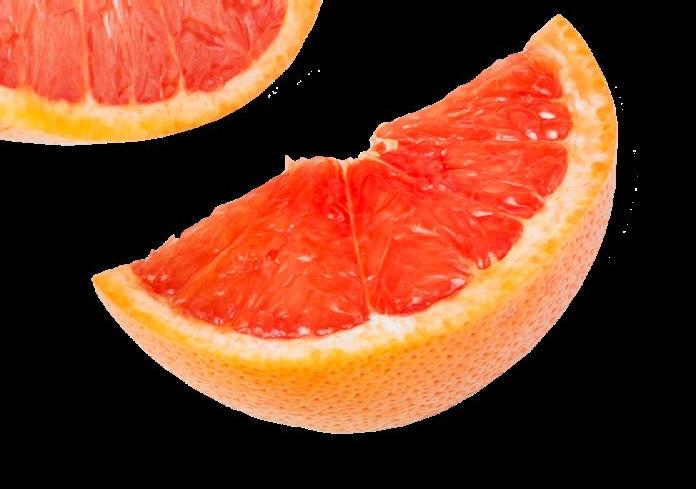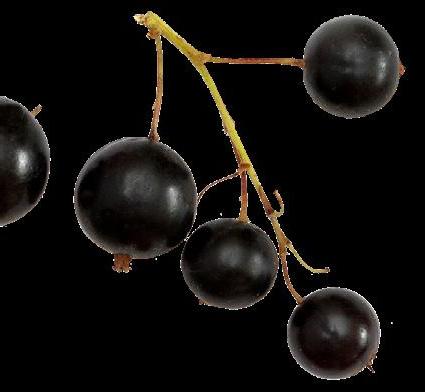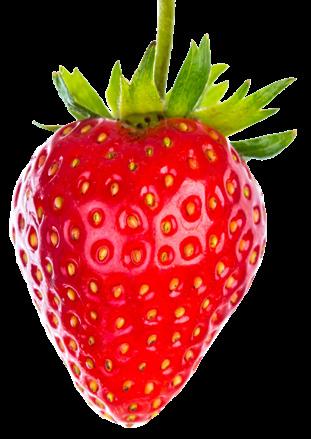
2 minute read
À la Carte Dining
Delectable
À LA CARTE DINING FALL COCKTAILS
Have you tried any of BCC's new fall cocktails? These seasonal concoctions are the perfect companion to a brisk fall evening at your Club.
BCC HOT TODDY Next time you’re at the Club, ask one of our bartenders to make that tea a little stronger. One of Beverage Manager Patrick's favorite fall cocktails is the BCC Hot Toddy. At its simplest, a hot toddy is made with Scotch whiskey, lemon, honey, and hot water. Simple and perfect for a cold day, with the possibility of endless variations. Our hot toddy uses Hamilton Jamaican pot still rum, Earl Grey tea, lemon juice, raw honey, lemon verbena, saffron, cardamom, star anise, clove, and cinnamon. This star cast of ingredients all come together when hot water is added.

SCARLET DOVE MARGARITA This tangy marriage of the Paloma and the margarita mixes Arette Artesanal Blanco Tequila, fresh grapefruit juice, lime juice, raw honey, and Aperol. It’s pretty in pink and served on a large ice cube with a half-salted rim. Yum!
BCC COSMO Our BCC Cosmo is a new twist on the traditional cosmopolitan. We make a cardamom-spiced syrup and mix it with lime juice, black currant, Wheatley vodka, and Combier Orange Liqueur. If you’ve never heard of black currant, that’s for a good reason. This superfruit with a unique and intensely tangy flavor has not been imported or grown in the US for nearly 100 years. When you sip on a BCC Cosmo, know you’re getting a blast of Vitamin C, potassium, iron, calcium, manganese, and magnesium.


BUBBLES & BERRIES Our Beverage Team sourced imported Italian Fragola strawberries preserved in syrup. A few of these perfect little strawberries and a spoon of their syrup is served in a glass with sparkling Cava wine. It has the perfect blush and just the right balance of sweet and tart. At the bottom of the glass is truly a treat when you get to taste those delicious strawberries. Did You Know? In 1911, the US Congress banned the import of black currants from Europe based on incomplete science. They feared the black currant bush was an intermediary carrier of Blister Rust, a disease that threatened to collapse the American timber industry. In 2003, Greg Quinn purchased a farm in New York with the intent of growing black currants. He ran studies and proved currant bushes were safe to import and grow. Next, he convinced the NY State Senate and Assembly to overturn the import ban. Seventeen years later, Greg Quinn and his CurrantC company are the #1 provider of American-grown black currants.










